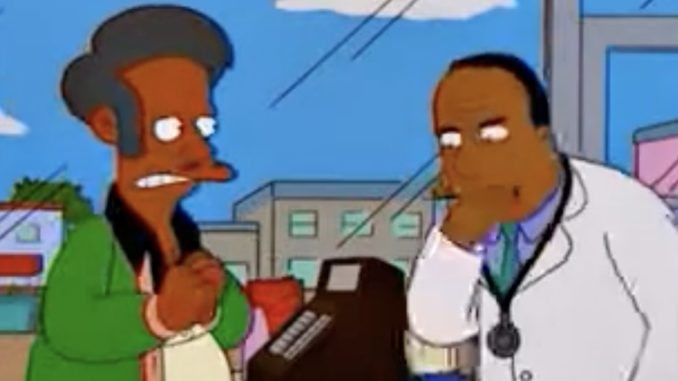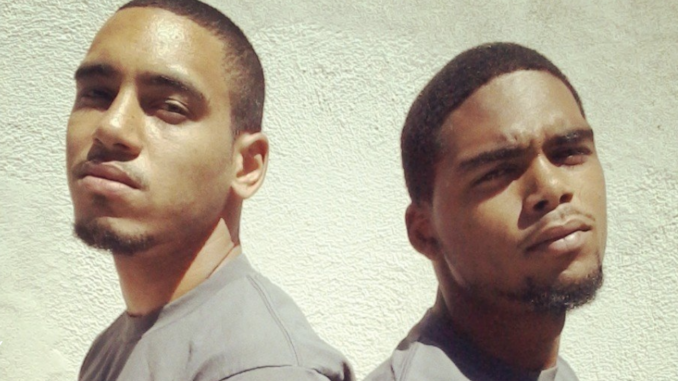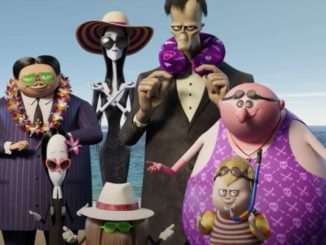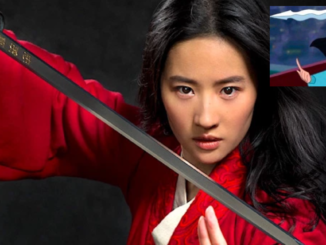
The debate is brewing. After years of being entertained by the yellow family made famous on the animated series The Simpsons, someone somewhere made an issue about white people being the voice actors of non-white characters — and with good reason. Unbeknownst to many fans that watch the Fox TV show, characters such as Apu, owner of the fictional Kwik-E-Mart, and well-to-do Dr. Julius Hibbert were not being voiced by people of color.
It would be easy to chalk up the “oversight” to the times when Hollywood allotted many of its opportunities to white actors and often excluded other ethnicities and races. However, it’s surprising that one of the most prized childhood animated shows subscribed to a form of blackface through blackvoice.
Blackface was the humiliating practice of white or non-black entertainers using dark face paint to portray stereotypes of black people. Oftentimes, the practice would include exaggerated features and distortions, while the entertainer would perform renditions of dehumanizing minstrel shows.
Morphing into current times, blackvoice consists of white actors portraying what they think sounds like the voices of the BIPOC (Black, Indigenous, People of Color) demographic, which is already a very risqué action given the tumultuous racial history of the United States.
In a forgiving world, for those who want unity and inclusion, it’s easy for us to rationalize that the racist behavior of the past exemplifies the times and now that we are all more aware of the travesty and injustice of racism and discrimination, it would be absolutely absurd to encourage or preserve the very ideologies and institutions that promoted this way of thinking. So, imagine the beloved creator of The Simpsons being unbothered by blackvoice and actually admitting it to the entire world for critique!
“Times change, but I actually didn’t have a problem with the way we were doing it,” Matt Groening, creator of The Simpsons, told BBC according to Deadline. “All of our actors play dozens of characters each; it was never designed to exclude anyone.”
He goes on to express the sentiment that he feels attacked and criticized.
“At a certain point it doesn’t matter what you say,” Groening said. “You’re going to be attacked by whoever, you know? We’re not going out of our way to comfort bigots. On the other hand, if you do any kind of gesture and people perceive a weakness, you’ll be criticized.”
Groening’s statements are testaments to how sometimes, maybe even innocently, one cannot see their own “-Ism,” whether that be racism, sexism, ageism, or their privilege, entitlement and bigotry. In other words, even though your nose is right above your lips, at times, it’s hard to smell your own breath, but let your roommate, spouse or dog eat something with a strong odor or aroma and there’s no question you can smell their funk.
Okay, that’s a little off topic, but the point is that some people can’t see! No matter how many times you explain the concept of “Black Lives Matter” versus “All Lives Matter” or white privilege or anything dealing with these sensitive topics, some people just won’t get it.
Although the powers that be deserve a light applause for making changes to The Simpsons to better align with today’s climate — some of the white actors were replaced with BIPOC actors — it really doesn’t help that Groening sees the discourse of recent years regarding the voice actors as an attack or unwarranted criticism. It’s extremely problematic that he “didn’t have a problem” with the casting.
Contrary to popular belief, but BIPOC actors want work, too. They want a paycheck. They want to represent their community. They want to fulfill the “American Dream,” as well. Now that these gatekeepers are older and have gotten full off of years of plenteous opportunity, the only explanation that actors who were better suited for the job hear is:
“We’re trying to make it better,” Groening said. “Bigotry and racism are still an incredible problem and it’s good to finally go for more equality and representation.”
Hmmm…let’s just hope that it’s not too little too late.



